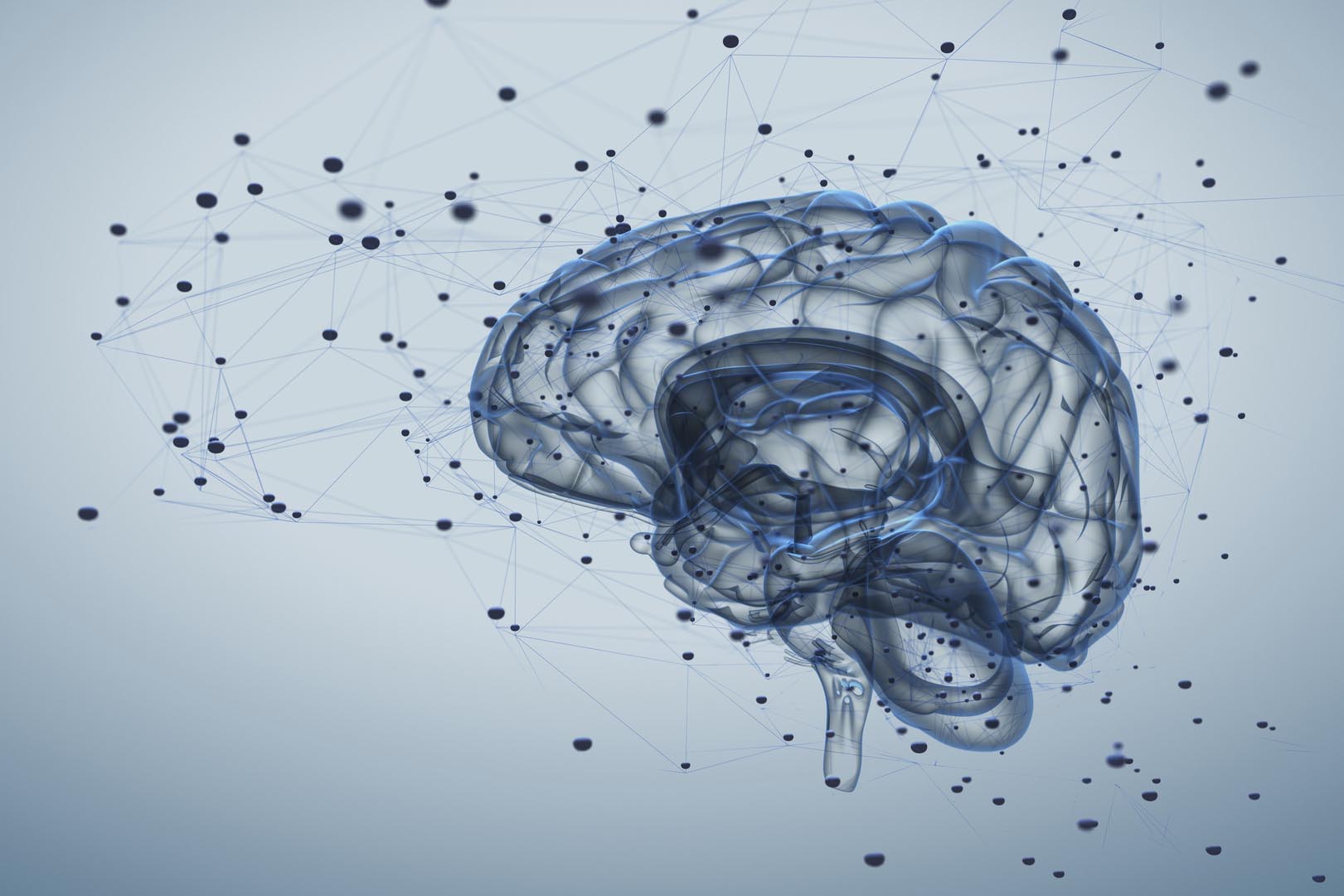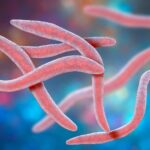-
What is already known on this topic
Autism spectrum disorder (ASD) is a range of neurodevelopmental disorders whose symptoms include problems in social interaction, language difficulties, and repetitive behaviors. At the moment, there is no cure for the core symptoms of ASD, but studies have shown that the commensal species Lactobacillus reuteri can reverse social deficits in one of the animal models of ASD. -
What this research adds
The researchers further investigated the role of L. reuteri in ASD mouse models and found that this microbe alone could lead to specific changes in the brain that reverse social deficits in three of these models. -
Conclusions
The results provide new insight into how L. reuteri influences brain function in mice. The authors say that L. reuteri could be a promising, non-invasive approach to help treat ASD-related social behavior.
The commensal microbe Lactobacillus reuteri can improve social behavior in different mouse models of autism spectrum disorder (ASD), researchers have found. The study, led by Martina Sgritta at the Baylor College of Medicine, in Houston, was published in the journal Neuron.
ASD is a range of neurodevelopmental disorders whose symptoms include problems in social interaction, language difficulties, and repetitive behaviors. At the moment, there is no cure for the core symptoms of these disorders.
Previous studies by the same research team have looked at the offspring of mothers on a high-fat diet, which is one of the animal models of ASD, and found that these rodents show social deficits and reduced levels of L. reuteri in their gut. However, treating these mice with L. reuteri could reverse their social deficits.
L. reuteri can rescue social deficits in three different ASD models
ASD could be of genetic, environmental, or unknown origin. For this reason, the researchers investigated whether L. reuteri could rescue social behavior in mouse models that mimic all three different causes of ASD.
The three mouse models of ASD showed alterations in their gut microbiota composition and ASD-like social deficits. Treatment with L. reuteri triggered the recovery of social behaviors in all three models.
L. reuteri alone can rescue social deficits
To understand the mechanisms through which L. reuteri restores social behavior, the researchers assessed whether the microbe exerts its effects directly or indirectly by restoring the gut microbiota composition of the host.
In the genetic mouse model of ASD, L. reuteri did not alter the gut microbiota make-up. Instead, it reversed the social deficits in germ-free mice. These results suggest that L. reuteri alone is able to rescue social behavior, without altering or influencing the gut microbial community.
L. reuteri restores social behavior through the vagus nerve
Since some people with ASD show altered gut permeability, the researchers tested whether the genetic mouse model of ASD also had a more permeable gut by feeding the mice a fluorescent molecule and then measuring its concentration in the blood. The mice did not show major alterations in gut permeability.
Next, the researchers looked at the vagus nerve, since this nerve – which connects the gut and the brain – is known to activate in response to specific bacteria. The team cut the vagus nerve of a subset of mice and left the nerve intact in another subset. L. reuteri rescued social behaviors in mice with an intact vagus nerve, but not in mice whose vagus nerve had been cut.
Oxytocin restores social behavior in different ASD models
Since L. reuteri rescues social deficits in a vagus nerve-dependent manner, the researchers looked at oxytocin, a hormone promoting social interaction that is released by the activated vagus nerve.
Oxytocin reversed the social deficits in the genetic model of ASD, but not when the mice were engineered to lack oxytocin receptors or when oxytocin receptors were blocked with drugs.
What’s more, the researchers showed that L. reuteri and oxytocin act by changing the neuronal plasticity of brain areas that respond to rewarding stimuli and are involved in social behaviors.
Although further research is needed to assess whether L. reuteri can improve social behavior in people with ASD, the authors say that this commensal species could be a promising, non-invasive approach to help treat ASD-related social deficits.











